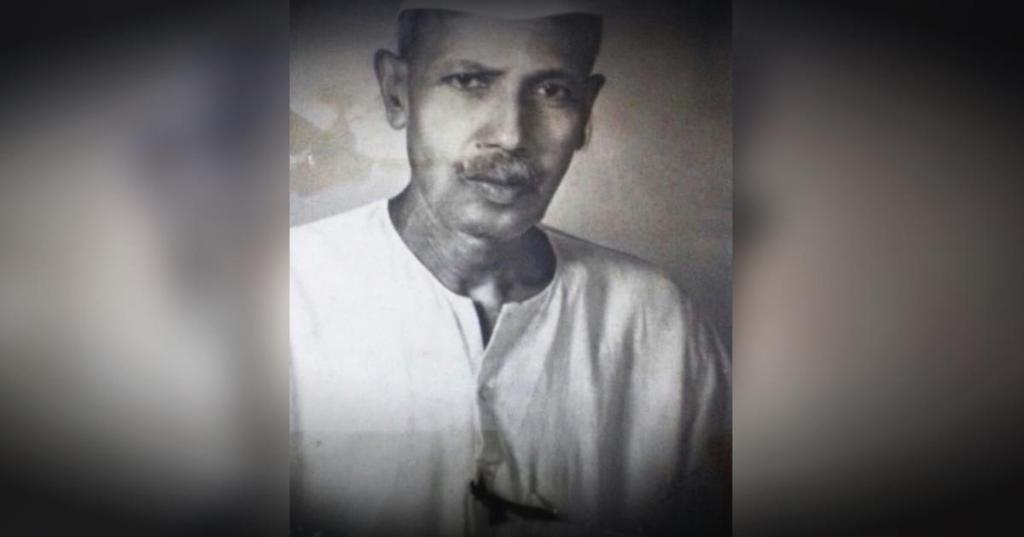
One day, in the early years of Independence, Jagat Narain Lal and Syed Mahmud (both senior members of the Congress Party and part of Bihar Cabinet) were travelling in a train, along with B.N. Azad, the editor of the newspaper ‘The Indian Nation’. During that journey, Jagat Babu and Syed Mahmud began an interpretative dialogue on Bhagavad Gita and the Quran. What was interesting about this conversation was, unlike what would be our taken-for-granted assumption, it was Jagat Babu with his knowledge of Persian, talking about the Quran and Syed Mahmud with his knowledge of Sanskrit, expounding on the Bhagavad Gita. The next day, reporting this episode, the headline in The Indian Nation read: ‘Maulana Jagat Narain Lal debates with Pandit Syed Mahmud’.
I was curious how Jagat Babu had attained such prowess in Persian that he could give commentary on the Quran. During my conversation with Rajshree Chandra, his grand-daughter, told me that he was taught by a Maulvi (Islamic scholar) when he was young and it was very common for Maulvis actually to go to the homes of Hindu families and teach them. We don’t see these things happening nowadays, and it’s unfortunate. The trajectory of Hindu-Muslim relationships since the 1900s has broken an intricate web of relationships weaved between the communities. What can undo this? Here comes another suggestion from Jagat Babu: Forgetfulness. He writes, “Instead of being united by common historical antecedents, the past of the Hindus and Muslims is a past of mutual animosities and destruction, both in the political as well as in the religious fields… the prospects might perhaps be different if the past of the two communities can be forgotten by both. Hence the importance of forgetfulness as a factor in building a nation”.
While discussing this idea with my friend, she reminded me of the well-known dictum that “those who cannot remember the past are condemned to repeat it”. She is right, no doubt. But if the same past is filled with animosities and hatred, and it is being now used to sustain and rejuvenate that hatred towards one another, it is only right to forget it.
Post Script:
I have recorded a podcast episode with Rajshree Chandra on her book in which she traces the life and ideas of Jagat Babu and shows us how his life as a microcosm reflects the trajectory of Indian nationalism and the dilemmas of nationalists. She narrates the journey of Jagat Babu through four pathways: Ascetic, Hindu Nationalist, Anti-Colonial and Civic nationalisms. Rajshree talks about how Jagat Babu navigated through and sometimes attempted to refashion these four pathways. Towards the end, Rajshree reflects on forms taken by these nationalisms in contemporary times. This episode will leave us with several lessons to reflect upon.
Click on the links below to listen:
Rajshree Chandra talks about her book on her grandfather, ‘Competing Nationalisms: The Sacred and Political Life of Jagat Narain Lal’:
Leave a comment